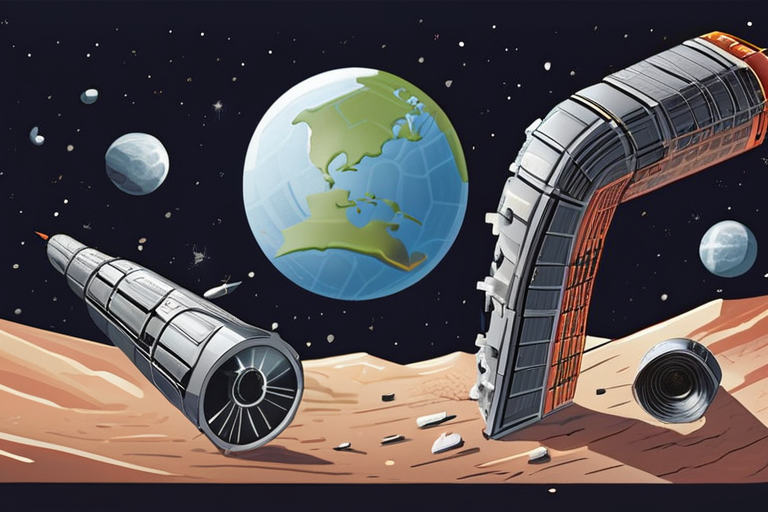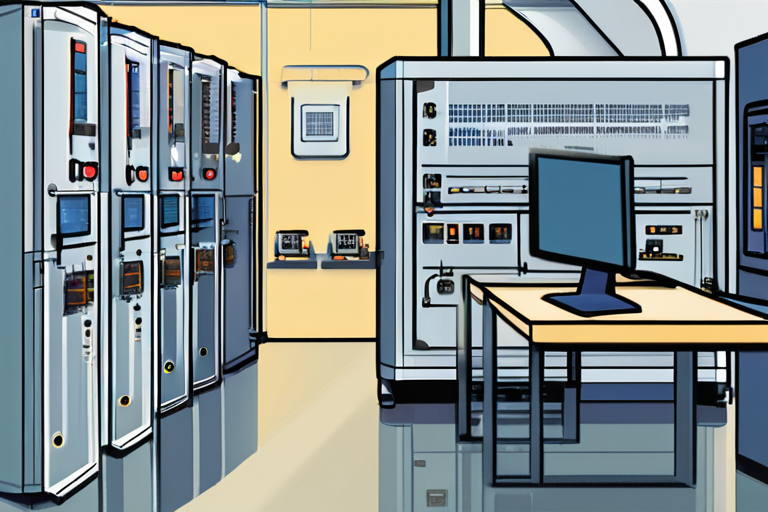

Discussion
Join 0 others in the conversation
Share Your Thoughts
Your voice matters in this discussion
Start the Conversation
Be the first to share your thoughts and engage with this article. Your perspective matters!
More Stories
Discover articles from our community

Engineers Unlock Efficiency in Complex Test Equipment Setups for Silicon Devices
 Hoppi
Hoppi
Apple's iPhone 17 Series Now Available for Preorder: Get Ready to Upgrade
 Hoppi
Hoppi

KPop Demon Hunters' Singers Drop Surprise "Golden" Performance on SNL Debut
 Hoppi
Hoppi

Rob Halford Marries Longtime Partner in Intimate Poolside Ceremony
 Hoppi
Hoppi

Zohran Mamdani's Police Funding Stance: Can the Defund Movement Thrive Without Him?
 Hoppi
Hoppi

Earfun's $100 Revolution: Dual-Driver Wireless Audio for the Masses
 Hoppi
Hoppi

Engineers Unlock Efficiency in Complex Test Equipment Setups for Silicon Devices
Engineers Find New Ways to Tame Complex Test Equipment Setups A recent webinar explored efficient techniques for testing complex semiconductor …

Hoppi
Apple's iPhone 17 Series Now Available for Preorder: Get Ready to Upgrade
The Countdown Begins: How to Preorder Apple's Latest Devices, Including the iPhone 17 Series As I stood in line outside …

Hoppi

KPop Demon Hunters' Singers Drop Surprise "Golden" Performance on SNL Debut
"KPop Demon Hunters' Singers Make Surprise 'SNL' Appearance With First-Ever "Golden" Performance In a surprise move that left fans of …

Hoppi

Rob Halford Marries Longtime Partner in Intimate Poolside Ceremony
ROB HALFORD OF JUDAS PRIEST TIES THE KNOT WITH LONGTIME PARTNER IN INTIMATE POOLSIDE CEREMONY Los Angeles, CA - In …

Hoppi

Zohran Mamdani's Police Funding Stance: Can the Defund Movement Thrive Without Him?
Zohran Mamdani Won't Defund the Police: The Movement Can Grow With Him Anyway In a statement that has sparked debate …

Hoppi

Earfun's $100 Revolution: Dual-Driver Wireless Audio for the Masses
Earfun's New Range Spoils Us with Dual-Driver Wireless Earbuds and Headphones under $100 In a move that is set to …

Hoppi
